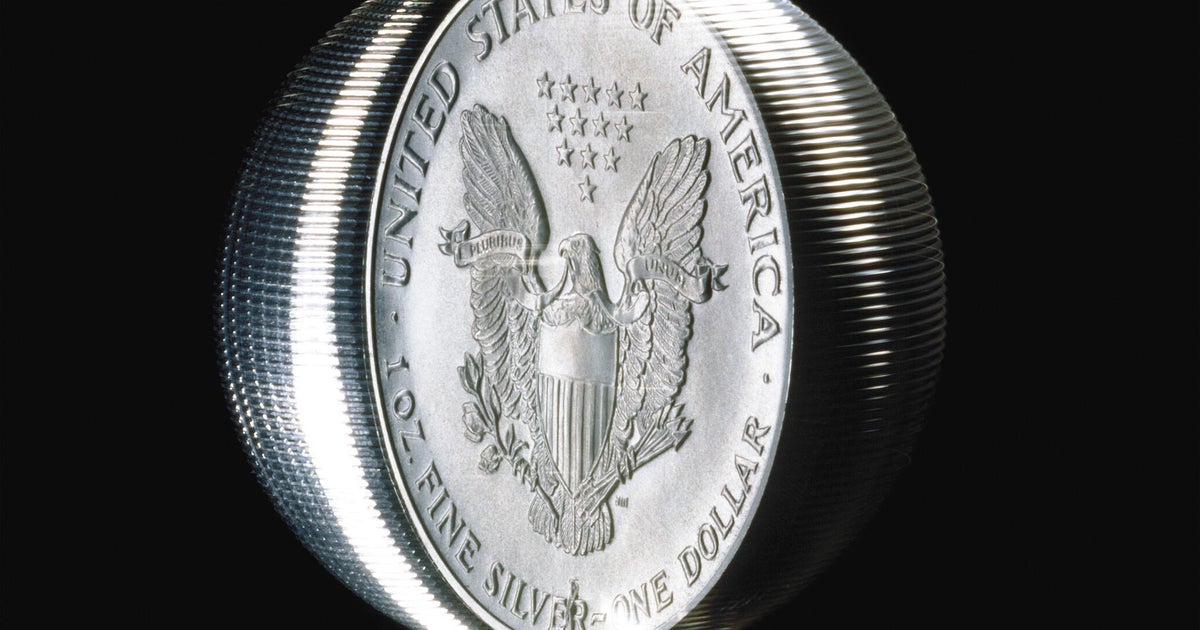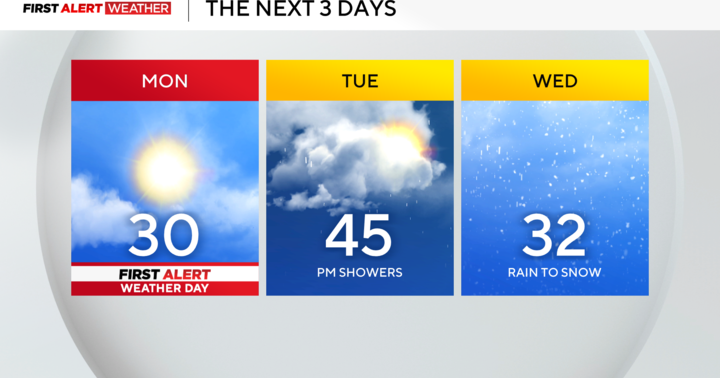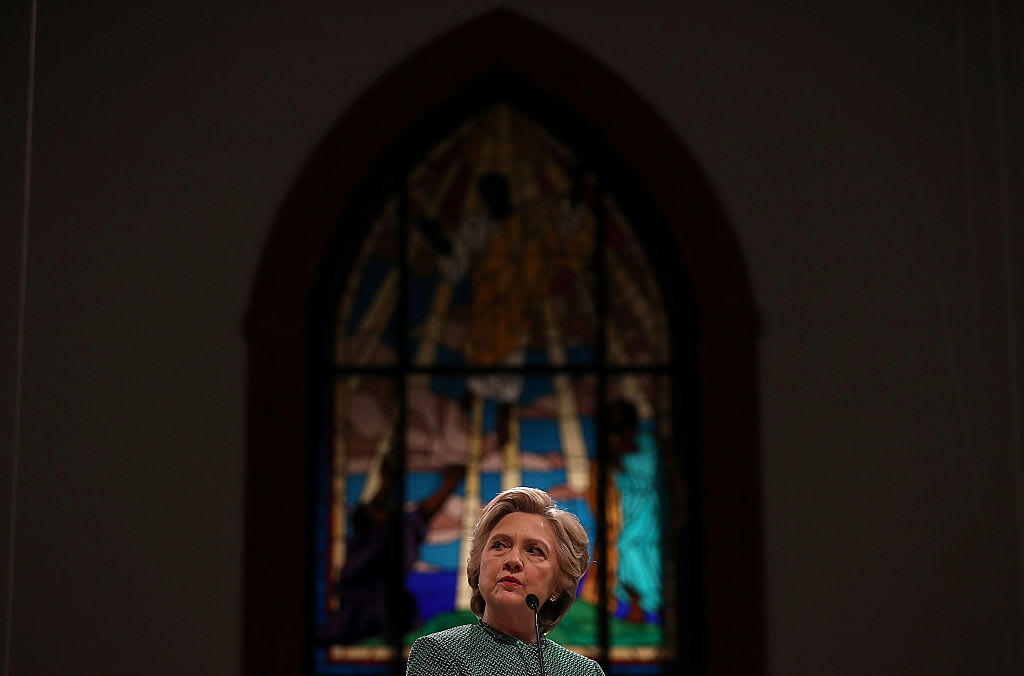Robinhood shares fly again, soaring as much as 80%
Shares of Robinhood — the brokerage app popular among millennials for its commission-free trading — surged again on Wednesday, rising so much that trading was temporarily brought to a halt three times in the first 30 minutes of trade.
The stock jumped as much as 81% to $85 before closing the day at $70.39, a 50% gain. The surge marked a remarkable comeback after last week's lackluster public market debut, when Robinhood shares sank 8.4% from an initial price of $38 on Thursday.
Even ahead of its initial public offering, experts warned that Robinhood's stock could be primed for a more jagged ride than others on Wall Street because of its popularity among smaller investors.
Robinhood reserved a bigger-than-usual chunk of its IPO shares for smaller investors, which fits with its mission of "democratizing finance." The company has introduced a new generation of younger and novice investors to the stock market, thanks to its zero-trading fees and easy-to-use app. But the move also gave fewer shares to big institutional investors, who have a reputation for being steadier holders of stock for the long term.
The controversial company enjoys some big-name backing, including Cathie Wood, a star stock picker who focuses on innovative companies, has bought shares, for example.
Her flagship ARK Innovation exchange-traded fund owns nearly 4.9 million shares, making Robinhood the fund's 29th largest holding. The fund has about $25.5 billion in total assets.
Beyond that, analysts were grasping for explanations for the stock's surge. For some, it was reminiscent of the explosive moves higher for GameStop and other "meme stocks" earlier this year.
Those stocks soared suddenly to heights professional investors viewed as irrational. Many were beaten-down companies in the midst of a turnaround, and they caught waves of interest from smaller-pocketed investors who egged each other on online.
Robinhood has created plenty of passion, among users and critics alike, and the polarizing effect has shown in its wild, short time on Wall Street. After opening at $38 last week, it sank as low as $34.82. It took less than four days to more than double.
"I hate Robinhood, but I got in and made $1k in 20 minutes," said one user on Reddit's WallStreetBets forum, a central hub for the explosion of meme stocks this year.
The company is already delivering the strong growth that Wall Street clamors for: Revenue jumped 245% last year to $959 million. Robinhood's compiled an estimated 22.5 million funded accounts since its 2013 founding, as customers trade everything from stocks to options to crytpocurrencies.
But Robinhood has also paid more than $130 million to settle a long list of accusations by regulators. Critics say Robinhood encourages unsophisticated investors to make excessive and risky trades, and regulatory scrutiny is likely to stay high.
In December, the SEC brought charges against Robinhood for not properly disclosing how it makes money and for not always getting its clients the best execution prices for their stock trades. Robinhood paid $65 million to settle the charges, but didn't officially admit that it had done anything wrong.
In June of 2020, a 20-year-old man took his own life mistakenly believing he'd lost nearly $750,000 in a risky trade he made over Robinhood. His parents later filed a lawsuit accusing Robinhood of wrongful death, negligent infliction of emotional distress and unfair business practices.



